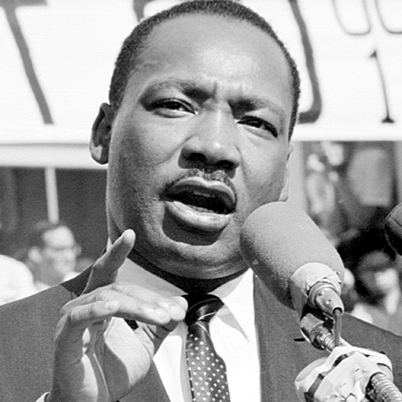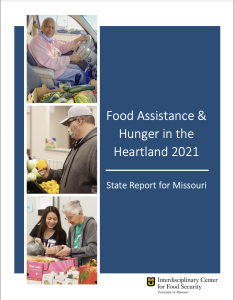by Monica Palmer
Like many school children, son has spent the last week or so learning about Dr. Martin Luther King, Jr. Last night at dinner, I asked him to tell me what he knew.
“Well,” my son began with the expert tone of a worldly scholar, “there was once a time when dark-skinned people and light-skinned people didn’t like each other very much, but Martin Luther King, Jr. gave a speech to tell them they should get along. After that, everyone was nice to each other.”
I didn’t have the heart to fill in the gaps in my son’s abridged version of the American Civil Rights Movement, so I just nodded and said that sounded about right. I left the conversation dreaming about a world where injustices could be handled by seven-year olds. Their vision is so clear and so simple. They don’t weigh down their dreams with logistics or feasibility; they have unjaded faith that everyone will work together to do what is right and fair.
The chat with my son inspired me to get online and read more about Dr. King, and I stumbled upon the speech he gave when he accepted the Nobel Peace Prize. In the speech, Dr. King addresses three evils of the modern world: racism, poverty, and war. Even though Dr. King was speaking about the modern world of 1964, I was amazed by how well his words applied to our modern world today, especially his thoughts regarding poverty.
I think the section on poverty really hit home for me, because I had just finished poring over the recently released 2014 State of the State Poverty in Missouri Report, and my mind was still reeling at the baffling fact that 947,792 Missourians are at 100% or below the Federal Poverty Level.
Dr. King addressed this phenomenon of “poverty in the midst of plenty” in his speech:
“In a sense the poverty of the poor in America is more frustrating than the poverty of Africa and Asia. The misery of the poor in Africa and Asia is shared misery, a fact of life for the vast majority; they are all poor together as a result of years of exploitation and underdevelopment. In sad contrast, the poor in America know that they live in the richest nation in the world, and that even though they are perishing on a lonely island of poverty they are surrounded by a vast ocean of material prosperity.”
Sometimes, I feel like a naive child when I think about the problems of poverty and hunger in our nation. On one hand, I see the 50 million Americans suffering from hunger, and on the other hand, I see the 70 billion pounds of edible food wasted here each year. I read these facts, and I shake my head in disbelief. There’s a part of me that just wants to ask a grown up, “WHY?”
Dr. King claimed, “There is no deficit in human resources; the deficit is in human will. The well-off and the secure have too often become indifferent and oblivious to the poverty and deprivation in their midst. The poor in our countries have been shut out of our minds, and driven from the mainstream of our societies, because we have allowed them to become invisible.”
Ending poverty and hunger in our nation is possible, and it’s simple. The first thing we need to do is to open our eyes and see our neighbors in need. We must see with the eyes of a child or the eyes of a dreamer like Dr. Martin Luther King, Jr. We must see the simple fact that there is a fellow man, woman or child that needs our help. When we see them, we must help them, because as Dr. King pointed out, “We are inevitably our brothers’ keeper because of the interrelated structure of reality.”
Source: “Martin Luther King Jr. – Nobel Lecture: The Quest for Peace and Justice”. Nobelprize.org. Nobel Media AB 2013. Web. 16 Jan 2014. http://www.nobelprize.org/nobel_prizes/peace/laureates/1964/king-lecture.html


